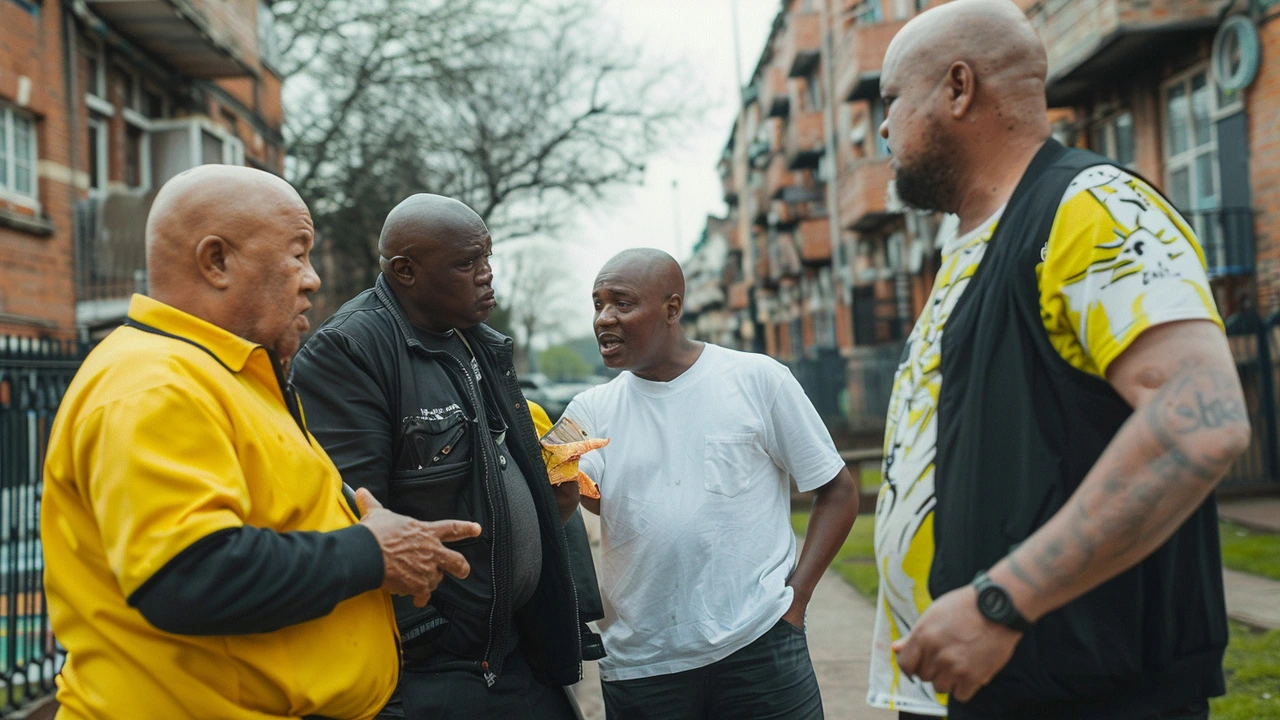Racism isn’t just old history; it’s something many people still face every day. It shows up when people are treated unfairly because of their skin color, race, or where they come from. You might notice it in subtle ways like someone being ignored or in obvious acts like hateful words. Knowing what racism looks like is the first step to standing against it.
When we talk about racism, it’s not just about personal attitudes but also about systems that keep certain groups at a disadvantage. This can affect things like jobs, schools, housing, and even how people are treated by the police or legal system. These unfair patterns make it harder for equality to take root.
Racism creates tension and divides communities. It can limit opportunities, cause stress, and lower trust among neighbors. For example, when someone faces discrimination at work, it impacts their income and confidence. This doesn’t just hurt the person but also weakens society by holding back valuable contributions and cooperation.
The good news is, understanding racism helps us spot it and speak up. Whether it’s calling out a racist comment or supporting policies that promote fairness, small actions add up. Being informed also helps us avoid accidental harm, like making assumptions based on stereotypes.
Start by learning from stories and facts rather than ignoring or avoiding the topic. Talk openly with friends and family about what racism means and why it’s harmful. Support local events or groups fighting discrimination in your area. Even simple moves like mentoring or voting for fair leaders push toward change.
Remember, fighting racism starts with each of us. It’s about respect, kindness, and standing up for what’s right. When you understand racism better, you become part of the solution – helping build a fairer, friendlier world.
Posted by
Siseko Tapile
8 Comments

In East London, a confrontation occurred between a local resident and ANC volunteers as they attempted to place election posters. The incident, marked by physical and verbal altercations, has ignited discussions on racism and electoral freedom, raising concerns about societal divisions as elections approach.
read more